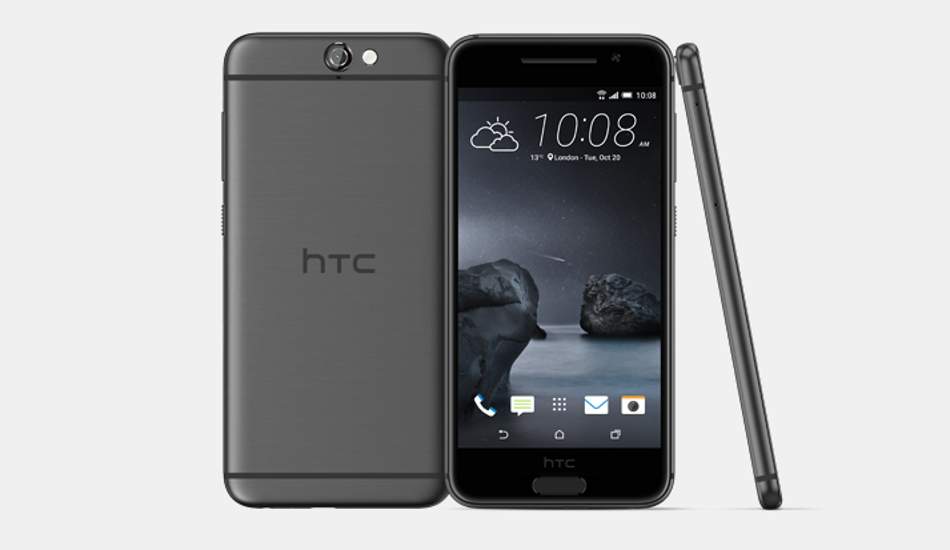
HTC yesterday announced two selfie smartphones
for the Indian market, namely Desire 828 and One A9. The smartphones will be
made available in the country in two weeks when HTC will announce their price.
Both HTC Desire 828 and One A9 come with 13
megapixel rear camera with f/2.0 aperture, auto focus, BSI sensor, optical
image stabilisation and full HD video recording ability. Both of them also
offer HTC UltraPixel (4 MP) front camera that comes with f/2.0 aperture, fixed
focus and full HD video recording ability.
Both Desire 828 and One A9 also offers
Bluetooth 4.1, WiFi (b/g/n/ac), micro USB port, 3.5 mm jack, 4G connectivity
and GPS with GLONASS.
Other than that nothing is common between
these two. The One A9 has a 5 inch display with full HD resolution and Gorilla
Glass 4 protection. It measures 145.75x70.8x7.26 mm and weighs 143 grams while
the HTC Desire 828 is a bigger device measuring 157.7x78.9x7.9 mm and weighs
148 grams as it has a bigger 5.5 inch display. The touchscreen of Desire 828
also offers full HD resolution.
The Desire 828 comes pre-installed with the
Android 5.1 Lollipop operating system and has HTC Sense interface. The OS runs
on the 1.5 GHz Mediatek MT6753T octa core processor with 2 GB RAM. This
smartphone offers 16 GB of internal memory and a 2 TB micro SD card slot.
On the other hand, the HTC One A9 comes with
Android 6.0 Marshmallow operating system with HTC Sense UI on top, the 64 bit
Qualcomm Snapdragon 617 octa core processor and 2 GB RAM. It has 32 GB of
inbuilt storage as well as an expandable storage slot that can hold a 2 TB
micro SD card.
The HTC One A9 is a single SIM device with a
2150 mAh battery while the dual SIM Desire 828 offers a 2800 mAh battery.
It is important to note
that the HTC launched One A9 just a month after its announcement
internationally while Desire 828 has made its global debut from the Indian
market. This clearly underlines how much importance HTC is now giving to the
Indian market but it would be much more important for HTC to price these
devices properly. With international brands like Samsung and Asus offering
feature rich smartphones in the affordable segment and Chinese and Indian
players upping the stakes every passing day, HTC needs to be aggressive on the
pricing front to be successful in the Indian market.






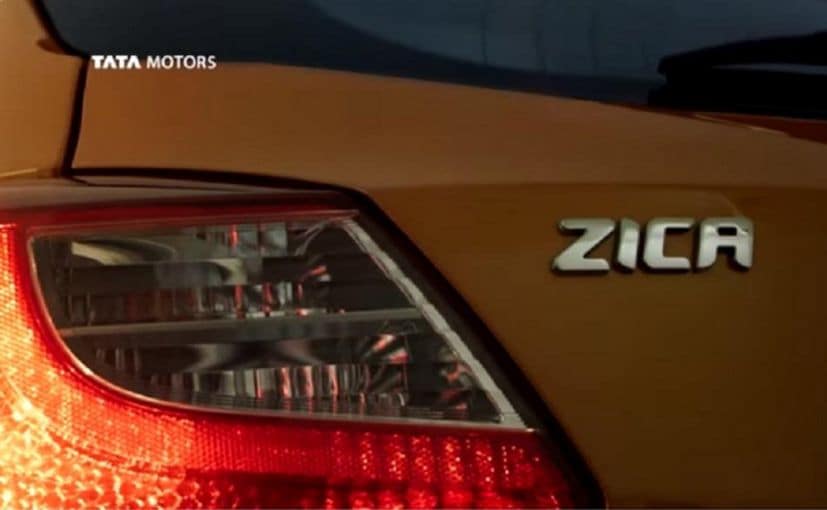
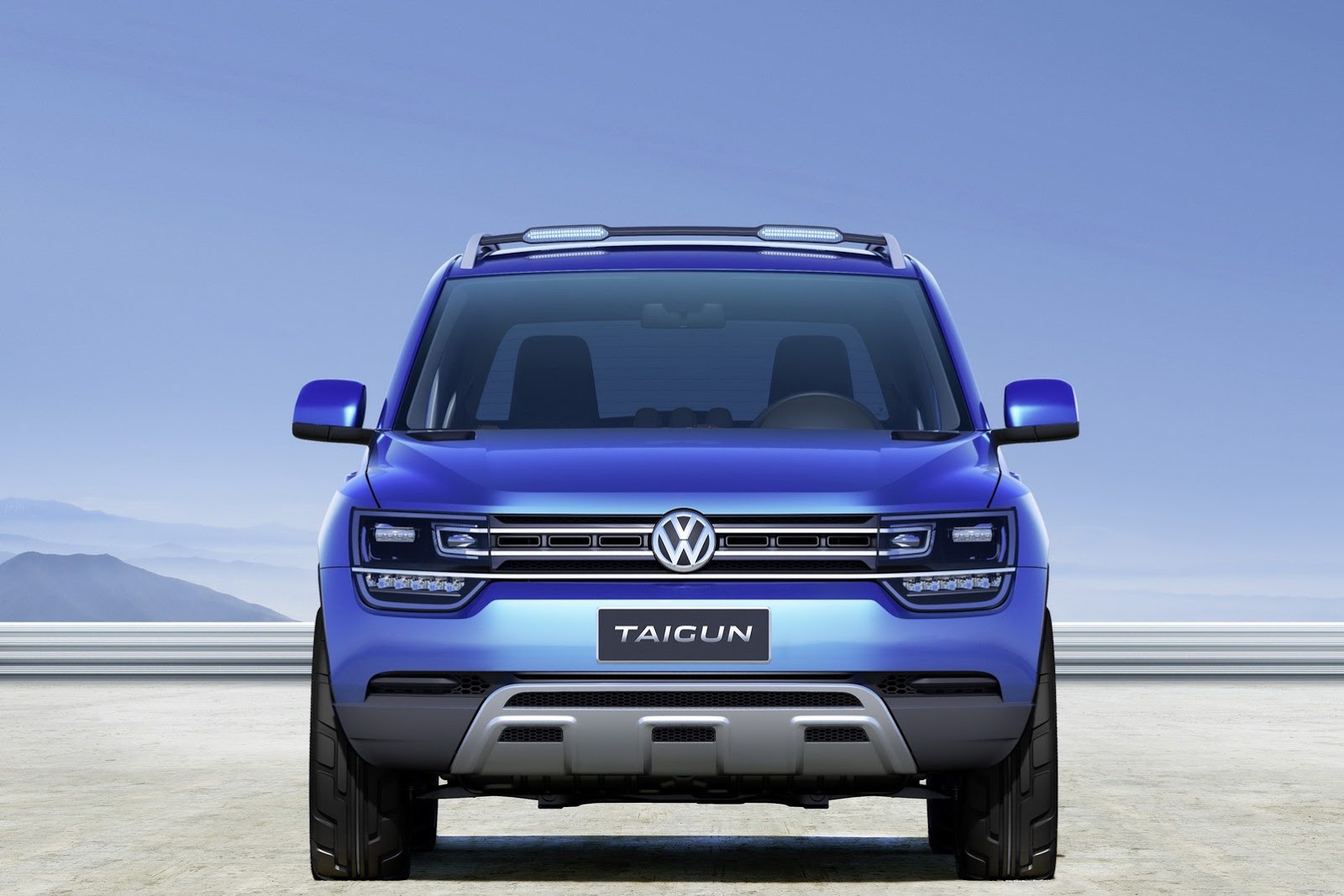
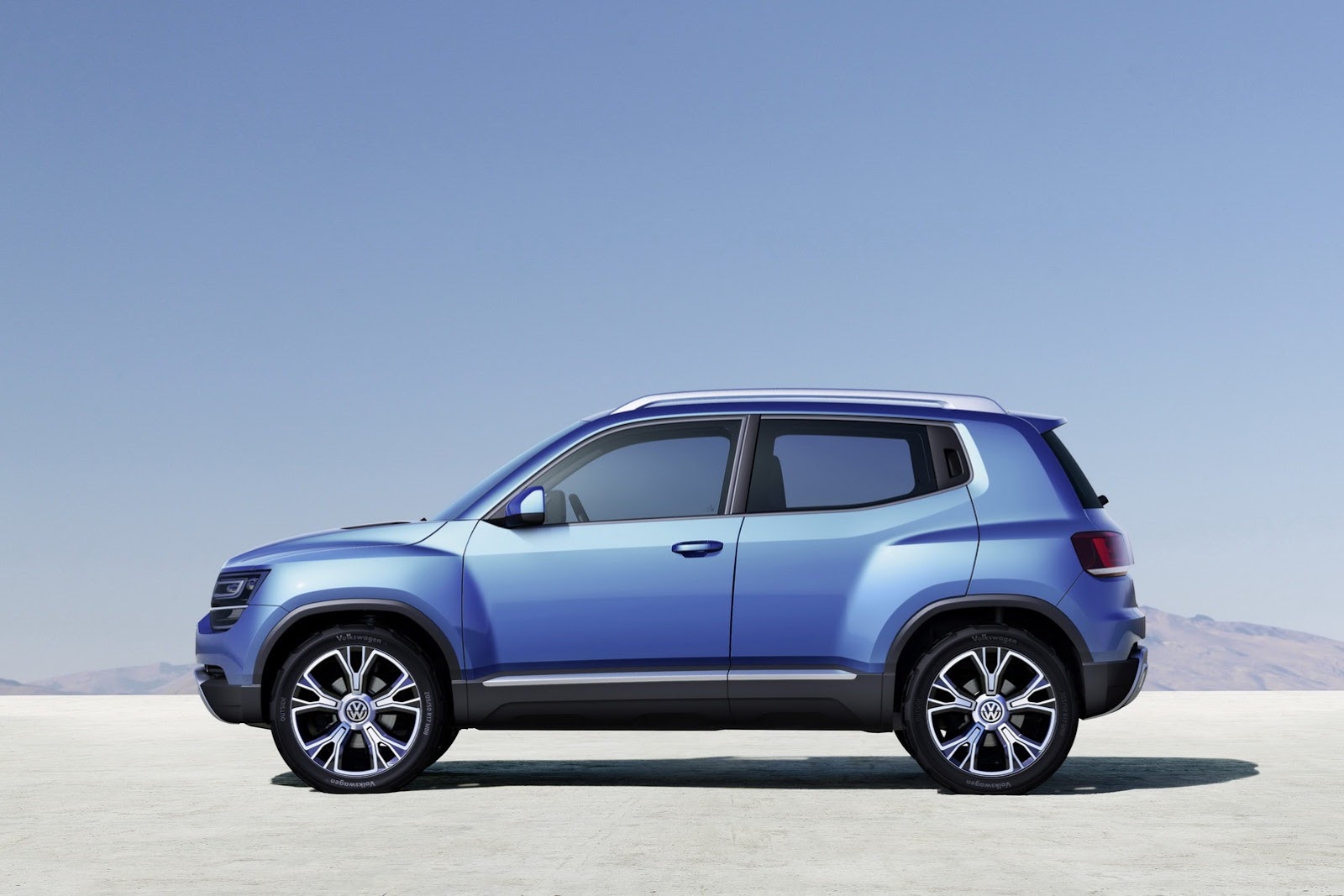
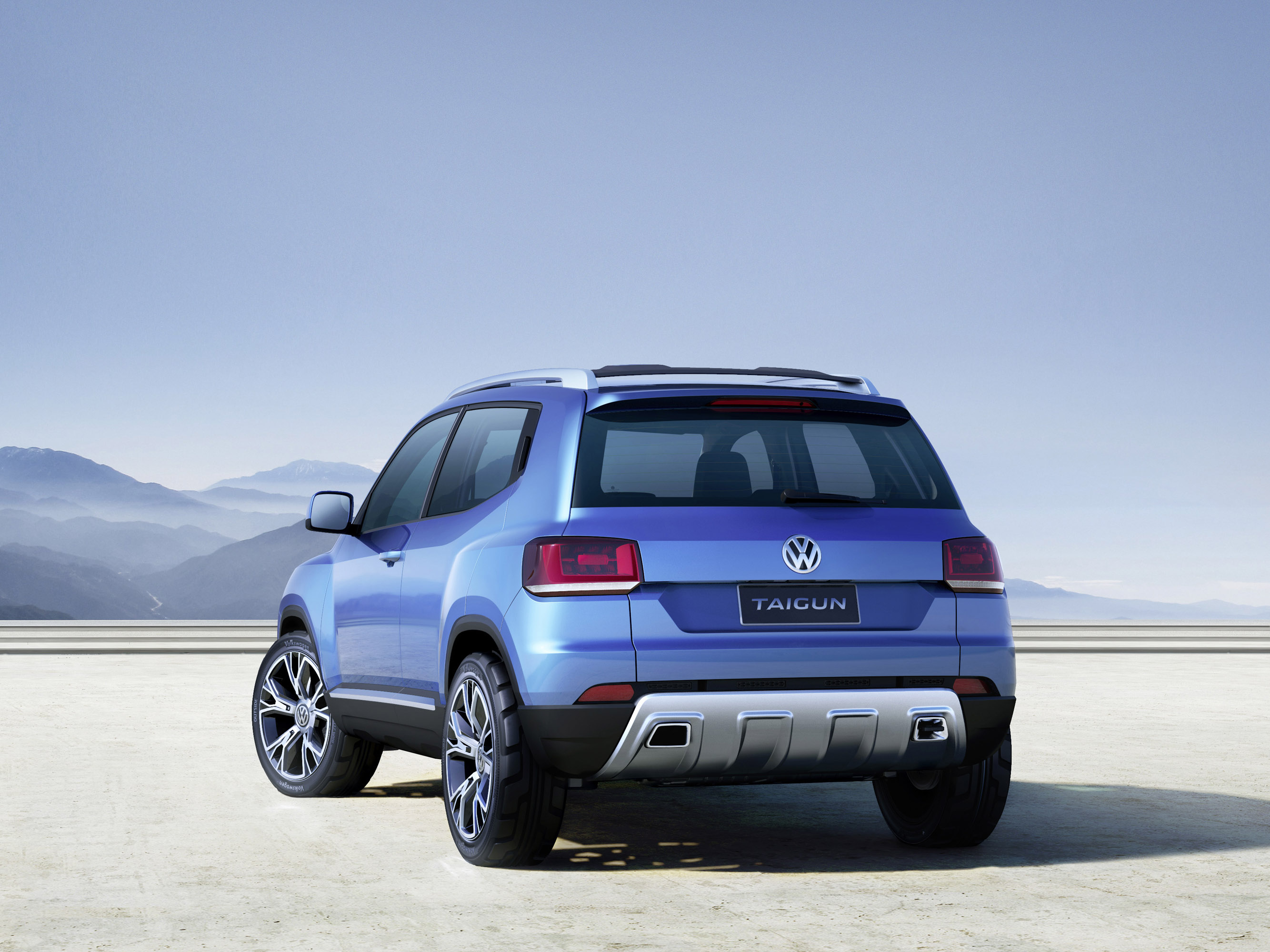


 2.40 Crore
2.40 Crore_insurgents,_Anbar_Province,_Iraq.jpg)





